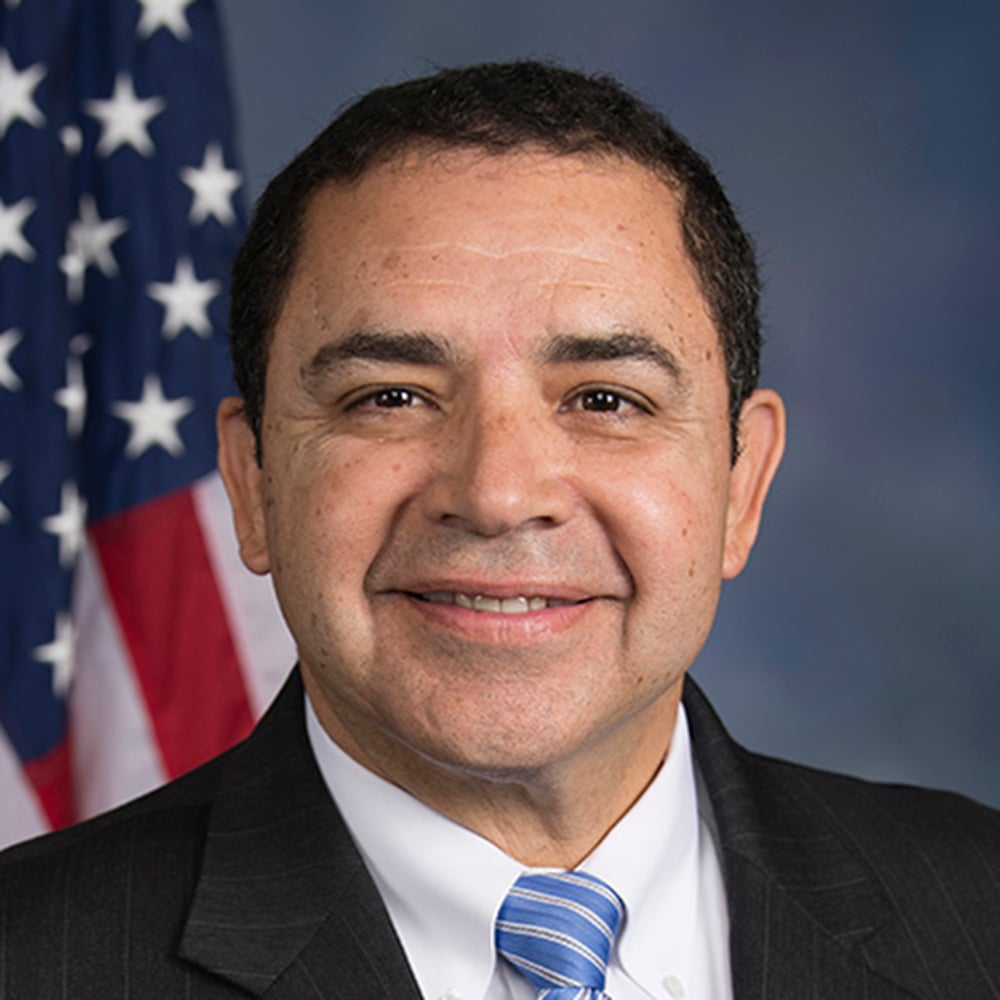It’s going to be an interesting race. I have no idea what will happen, and anyone who says with any confidence that they know is suspicious to me, but we will learn something from it, however it goes.
Not many people understand South Texas.
It’s one of the handful of blue pockets in the state, but unlike the others, it’s not clustered in an urban center. The congressional districts that represent it encompass small border cities and ranch lands alike. Like other heavily Hispanic areas, the number of young voters grows each election, and what that means for the Democratic Party is uncertain.
But a spirited primary campaign in the district long held by U.S. Rep. Henry Cuellar, a moderate Democrat from Laredo, could test if and how the politics of the area are changing. Cuellar, who has served in Congress since 2004, isn’t too different from the other Democrats who represent the Rio Grande Valley in Washington and Austin. But now he’s facing a challenge from a former intern who is running on a progressive platform.
Jessica Cisneros, a 26-year-old immigration attorney, has pushed for proposals like “Medicare for All,” gun control and the Green New Deal. Cuellar has argued that those ideas don’t align with the beliefs of the district and that the bulk of Cisneros’ support comes from people outside the region. The race has become one of the most closely watched in the country early in the primary season.
Texas’ 28th Congressional District spans from western Hidalgo County, right outside the McAllen city limits, and up north to Laredo and the eastern San Antonio suburbs. In 2016, it went to Hillary Clinton by 20 percentage points, and former U.S. Rep. Beto O’Rourke won it by similar margins in the 2018 Senate election.
Cisneros said that’s evidence that dispels the myth that South Texas is conservative, and even more reason a right-leaning Democrat, or “Trump’s favorite Democrat,” as Cisneros calls Cuellar, should be replaced with a more progressive representative.
“I haven’t had a single person disagree with me in terms of my policies,” Cisneros said. “It’s not surprising to me to see folks super shocked that somebody who is running for office is at their doorsteps. There are people who simply respect that I’m putting the effort.”
Cuellar declined to comment for this story.
Both candidates have pointed to the other’s financial support as a sign that their opponents are out of touch with the district.
Cuellar has received money from the National Rifle Association, a political action committee associated with Koch Industries and the GEO Group, the private prison company that funds migrant shelters where several migrants have died. But he also takes in a large sum of money from donors within the district — and has tried to portray Cisneros’ support as largely driven by outsiders.
Few of Cisneros’ reportable donations come locally, which the Cuellar campaign has been quick to point out.
See here for the most recent finance reports. If you’ve read me for any length of time, you know I’m no fan of Henry Cuellar. I just don’t know if Jessica Cisneros is the candidate that can beat him. She’s done all right on fundraising, but if her donors are largely from outside the district – likely from mostly outside the state – then I’m not sure how much that means. I can believe she’s working the district, but Cuellar isn’t an absentee like some vulnerable-to-primary members have been. If I had to bet I’d put my money on Cuellar, but we live in weird times and I don’t feel any confidence in trying to guess what might happen. I just don’t know what to expect.


